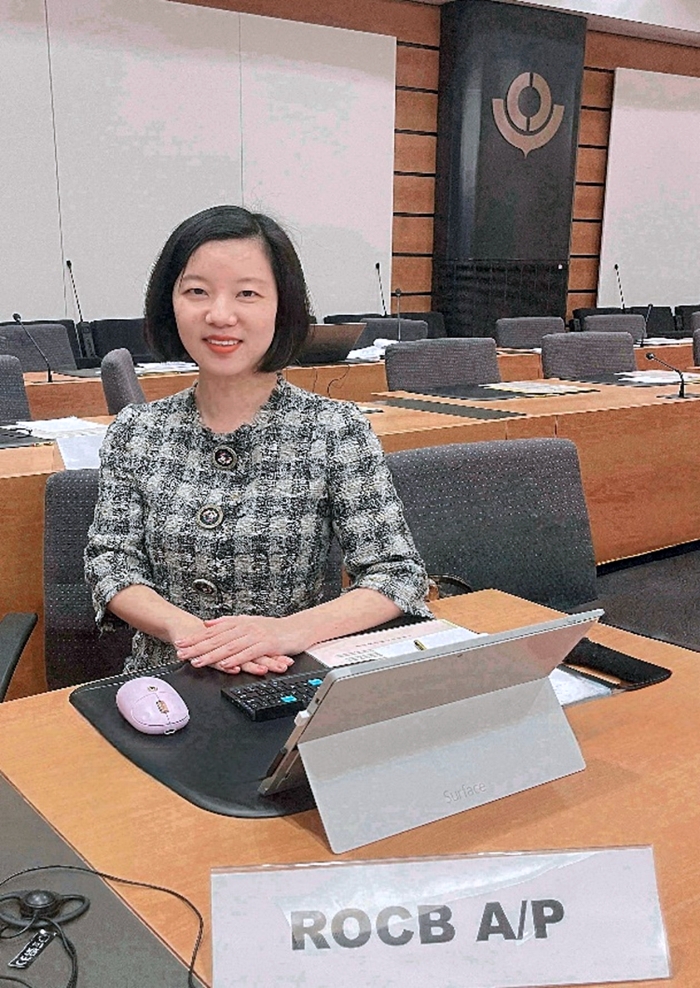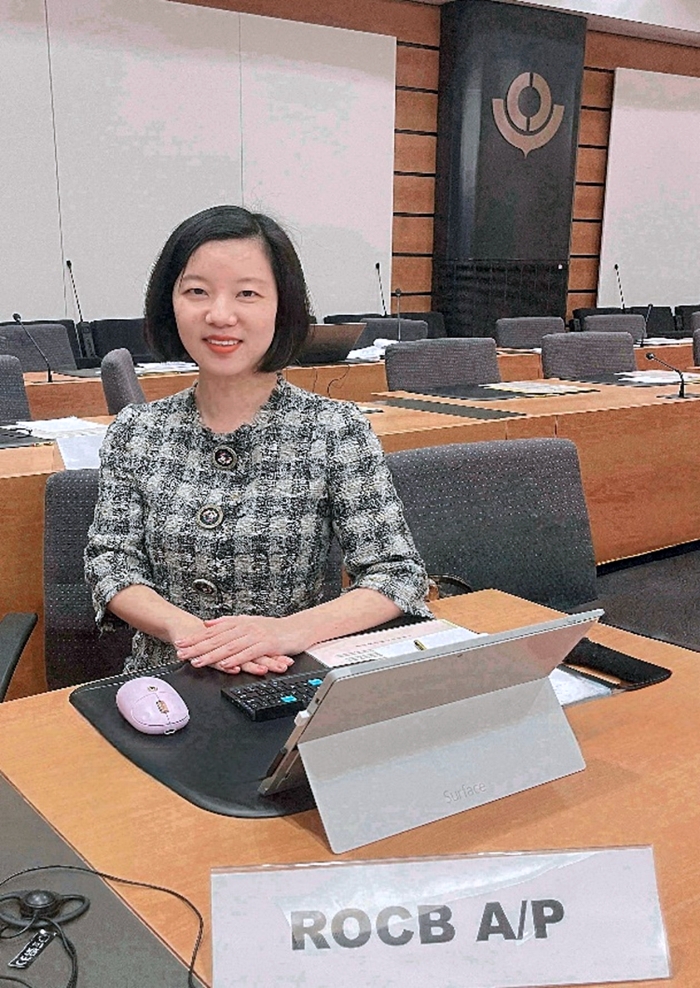Strengthening Anti-Corruption Efforts in the Asia Pacific: Key Takeaways from the 24th WCO Integrity Sub-Committee (ISC) Session

3-4 March, 2025, Brussels, Belgium
The 24th session of the World Customs Organization (WCO) Integrity Sub-Committee (ISC), held from March 3 to 4, 2025, offered an invaluable platform to strengthen the fight against corruption within Customs administrations worldwide. The ROCB A/P is committed to supporting its regional members in enhancing their capacity to combat corruption and promote integrity in Customs operations. This meeting provided critical insights and practical approaches to achieve those goals.
The session was officially opened by WCO Deputy Secretary General Ricardo Treviño, who emphasized the fundamental role that integrity plays in the efficiency and reputation of Customs operations globally.
A key highlight of the session was the keynote by the International Monetary Fund (IMF), which discussed the challenges and opportunities in managing corruption risks while improving fiscal transparency and accountability. The session also presented an overview of the progress made under the ISC Work Programme for 2022-2025, with a focus on the development of tools and guidelines to help WCO Members build stronger integrity frameworks. A central focus was the increased application of tools designed to measure integrity and assess the effectiveness of anti-corruption measures. Several WCO members shared their experiences and perspectives on the broader impact of the WCO Anti-Corruption and Integrity Promotion (A-CIP) Programme, emphasizing how it has played a crucial role in fostering a culture of integrity within Customs administrations. During the session, an important discussion focused on the application of rewards and sanctions systems to combat corruption. Customs authorities and the private sector shared valuable perspectives on how transparent and fair reward systems can motivate ethical behavior among Customs officers.
Innovative approaches to breaking the links between crime and corruption were also explored, with a focus on how Customs administrations can use emerging technologies and modern strategies to reduce corruption in trade and transport sectors. This is particularly timely for the Asia Pacific region, where digital transformation is underway and presents an opportunity to embed anti-corruption practices into new technological frameworks.
The session also included two panel discussions. The first, on Data Governance to Mitigate Corruption Risks in Automation, discussed how better data management and automation technologies could reduce the risk of corruption in increasingly digital Customs operations. The second panel, Engaging Staff Unions to Build Cultures of Integrity in Customs, highlighted the importance of collaboration between Customs authorities and staff unions in promoting accountability and trust.
The outcomes of the 24th ISC session will continue to support Customs administrations in the Asia Pacific region as they work to combat corruption, promote transparency, and build more effective Customs systems. By sharing best practices, fostering collaboration, and leveraging the WCO’s expertise, we can empower our region to build more transparent, efficient, and ethical Customs systems.
For more information, please contact us at rocb@rocbap.org.

